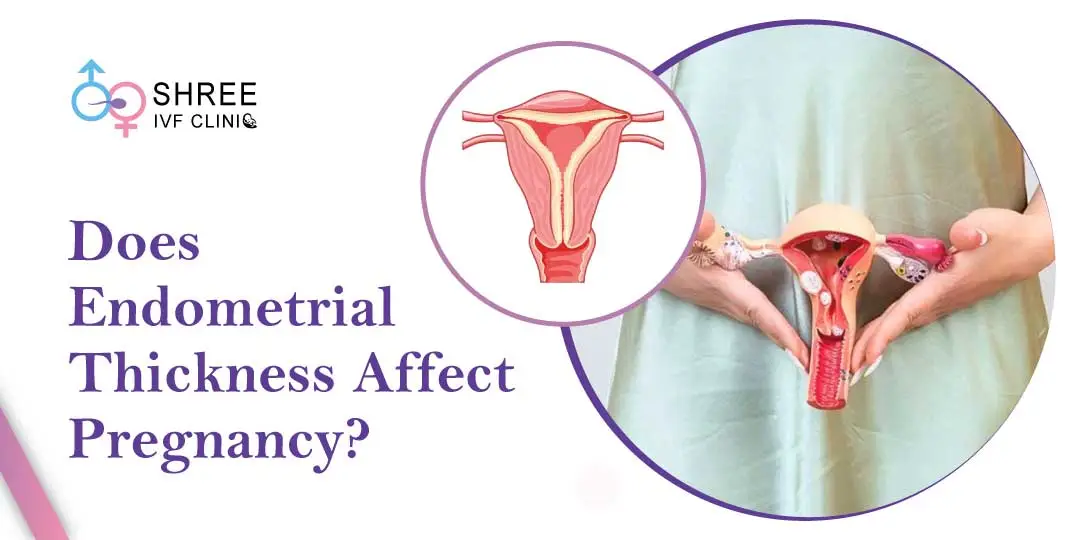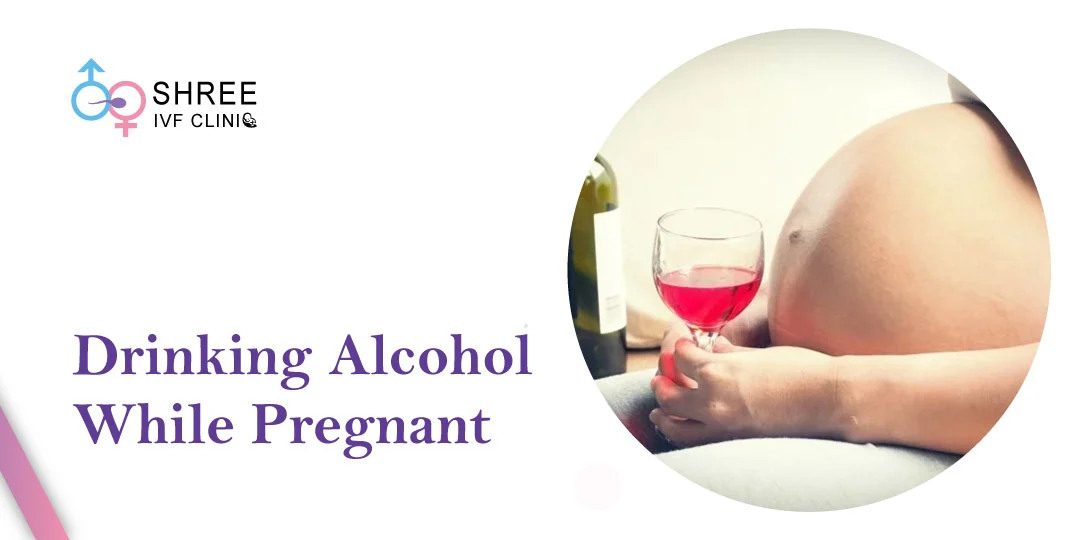How to Stop Pregnancy After 3 Months: A Compassionate and Simple Guide
UPDATED ON 28TH Oct. 2024
Sometimes, life doesn’t go as planned. You might find yourself pregnant and, for one reason or another, decide that continuing the pregnancy isn’t the best choice for you. If you’re around three months pregnant (about 12 weeks), it’s important to know what options you have and what those choices might mean for your body and your emotions.
We’re here to explain these options in a simple and understanding way, just like explaining something to a friend who’s going through a tough time.

AUTHOR
Dr Jay Mehta
Scientific Director & IVF Specialist with 10+ years of experience
CONDITION
Pregnancy
GET IN TOUCH ON
Understanding the Basics: What Happens in a 3-Month Pregnancy?
Imagine your pregnancy like planting a seed that slowly grows into a plant. By three months, the “seed” or the embryo has grown into a fetus, about the size of a lemon. The baby’s organs have started to form, but it’s still developing, much like how a plant needs more time to grow fully. When you’re three months along, this is called the first trimester. After this period, the pregnancy enters a more advanced stage.
If you are considering stopping the pregnancy at this point, it’s important to understand both the medical and emotional aspects.
Medical Options for Stopping a Pregnancy After 3 Months
You can use abortion pills (also known as medication abortion) up to 11 weeks after the first day of your last period to safely end your pregnancy.
For those considering a planned termination after the first trimester (three months), a simple pill won’t be enough to end the pregnancy, like it might be in the earlier weeks. Instead, you’ll need a surgical procedure. It’s essential to consult with an obstetrician-gynecologist (ob-gyns) who can help you understand your options and ensure you receive safe medical procedures.
1. Dilation and Curettage (D&C)
Think of your uterus like a room with a small door. In this procedure, the doctor gently widens the “door” (your cervix) to access the pregnancy inside. The doctor then removes the pregnancy using medical instruments.
This process takes about 10 to 20 minutes, but it does require care afterward. You might feel discomfort or cramping afterward, like when you have a bad stomach ache, but medicine can help manage the pain. You would need to rest for a few days, just like how you’d rest after a tiring day.
2. Dilation and Evacuation (D&E)
This is a similar procedure but used when the pregnancy is a bit further along, usually between 13 to 24 weeks. The process also involves widening the cervix (the opening to the uterus), but the tools used might be different. This procedure is also quick and happens in a hospital or clinic under the care of specialists.
Just like any medical procedure, these options come with risks like bleeding or infection, but they’re generally safe when performed by a trained doctor. Your healthcare provider will explain all of this to you to make sure you feel comfortable and understand everything.

4,790+
379K+
The Emotional Side of Stopping a Pregnancy
Now, let’s talk about feelings. Stopping a pregnancy is a big decision, and it’s normal to have a lot of emotions. Some people might feel sad, others might feel relief, and sometimes people feel both things at the same time. It’s like riding a rollercoaster with lots of ups and downs.
It’s important to know that whatever you feel is okay. This decision is yours, and there’s no right or wrong way to feel. If you’re feeling overwhelmed, talking to a counselor or a trusted person can be very helpful. You wouldn’t walk a long road alone, and you don’t have to go through this by yourself either.
Legal and Safe Choices Matter
In many countries, there are laws about how late in a pregnancy you can have an abortion. In India, for example, you can legally terminate a pregnancy up to 24 weeks, but only under specific circumstances and with a doctor’s approval.
It’s very important to choose a licensed reproductive health care provider for this procedure. Think of it like going to a certified mechanic when your car breaks down. You want to make sure that everything is done safely, with the right tools and knowledge. Going to an untrained person could be dangerous for your health, just like how you wouldn’t want a non-expert to fix a problem with your car engine.
What to Expect After the Procedure
After the procedure, your body will need some time to recover. Imagine running a marathon—your body feels exhausted and needs rest. Here are some things to expect:
- Bleeding: It’s normal to have some bleeding, like a period, after the procedure. This is your body’s way of healing.
- Cramping: You might feel cramping, which is like a strong stomach ache. Taking medicine that your doctor gives you can help.
- Emotions: You might feel up and down emotionally. It’s okay to feel different things at different times. Support from friends, family, or a counselor can help you through this.
Taking Care of Yourself Afterward
Taking care of yourself after stopping a pregnancy is very important. Here are some simple steps to help you feel better:
- Rest: Give your body the time it needs to heal. Avoid heavy lifting or strenuous exercise for a while.
- Nutrition: Just like you would water a plant to help it grow, your body needs good food and plenty of water to recover.
- Check-up: Your doctor will ask you to come back for a follow-up visit to make sure everything is healing properly. It’s important to go to this appointment to avoid any future problems.
You Are Not Alone
Sometimes, stopping a pregnancy can feel like you’re carrying a heavy backpack all by yourself. But remember, there are people who want to help lighten that load for you. Your doctor is there to make sure you stay safe and healthy. Counselors can help you sort through your emotions, and friends or family can offer the support you need.
Whatever decision you make, it’s yours to make, and you don’t have to apologize for it. Every person’s situation is different, and you deserve empathy and understanding no matter what.
Conclusion: Making the Right Choice for You
Stopping a pregnancy after three months is a significant decision, but one that can be made with care, safety, and support. Whether through a D&C or D&E procedure, your doctor will guide you through the medical side, and you’ll have the emotional support you need to heal and move forward.
Just remember, it’s okay to have mixed feelings, and it’s okay to reach out for help when you need it. You’re not alone in this journey, and many people are ready to walk with you every step of the way.
If you’re considering this option, talk to our team at 1800-268-4000, who can give you the best advice for your situation.
AUTHOR
Dr Jay Mehta
Scientific Director & IVF Specialist with 10+ years of experience
CONDITION
Pregnancy
CALL US 24/7 FOR ANY HELP
GET IN TOUCH ON
Share Article on
Recommended Reading
Endometriosis Thickness and Its Impact on Pregnancy
A good endometrial thickness (8-14 mm) is essential for pregnancy, especially in women with endometriosis. Learn how it impacts fertility and conception
Drinking in Early Pregnancy Without Knowing
Early pregnancy alcohol consumption raises risks of miscarriage and Fetal Alcohol Spectrum Disorders (FASD), affecting the baby’s health and development
Is Chickenpox Dangerous in Pregnancy?
Chickenpox in pregnancy is risky for the unvaccinated, yet if you’ve had it previously, your strong immune defenses protect both you and your baby




